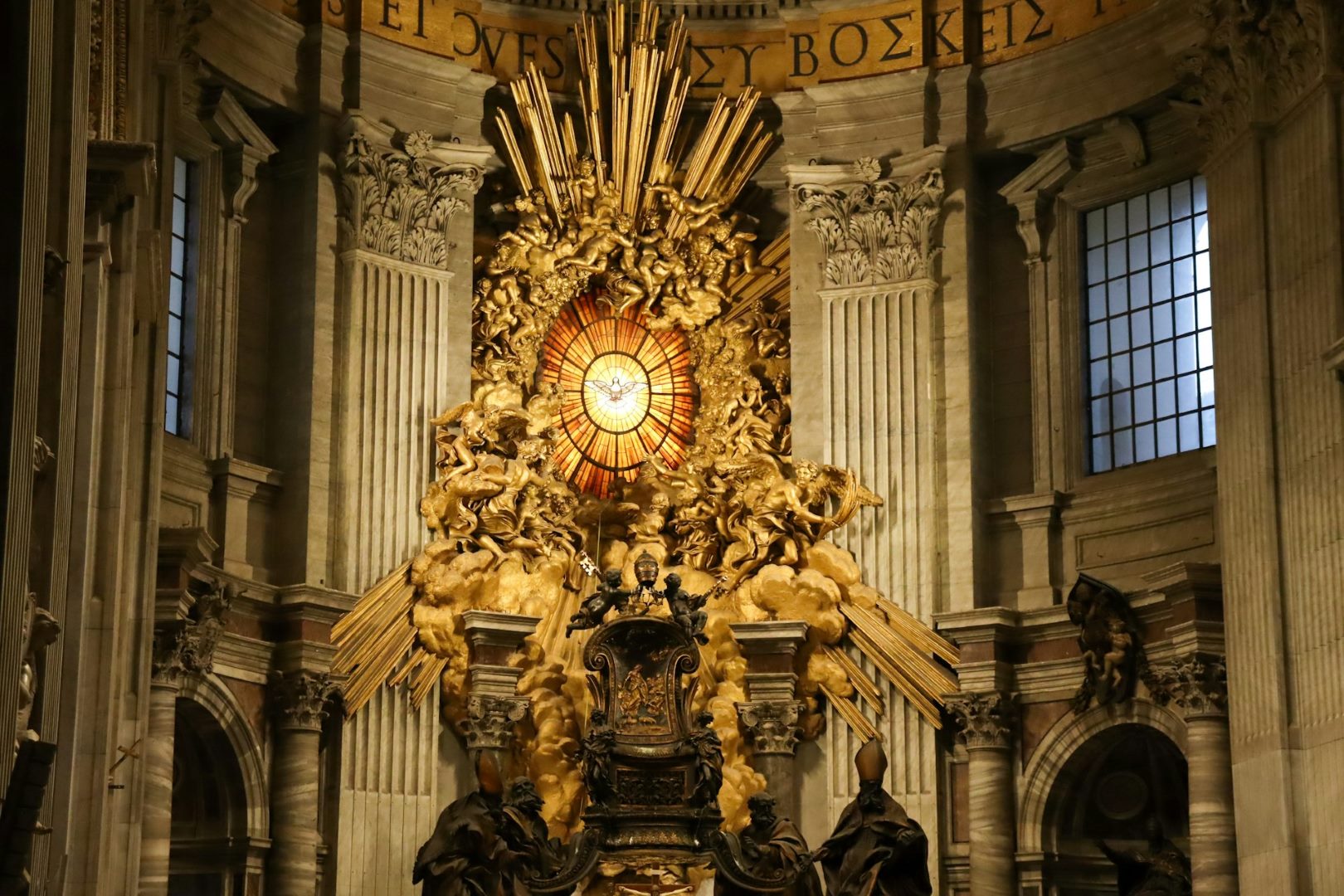Introduction
St. Ignatius of Antioch, a prominent figure in early Christianity, holds a special place in the history of the Church. As the bishop of Antioch, he played a pivotal role in shaping the faith and spreading the gospel during challenging times. His unwavering faith, courageous martyrdom, and influential writings continue to inspire believers today.
Early Life and Ministry
Birth and Background
Ignatius was born into a noble family in Antioch, Syria, around the year 35 A.D. Little is known about his early life, but it is believed that he was a well-educated man with a deep understanding of the Scriptures.
Conversion and Calling
According to tradition, Ignatius was converted to Christianity by the apostle Peter. Inspired by the teachings of Jesus, he dedicated his life to serving the Church and became a presbyter and eventually the bishop of Antioch.
Episcopal Leadership
Shepherd of the Antiochene Church
As the bishop of Antioch, Ignatius oversaw a large and diverse congregation. He diligently preached the gospel, taught the faith, and provided pastoral care to the flock entrusted to him.
Defender of True Doctrine
Ignatius was known for his unwavering defense of orthodox Christian doctrine. He condemned heresies such as Gnosticism and Docetism, which threatened the integrity of the Christian faith.
Martyrdom and Journey to Rome
During the reign of Emperor Trajan, persecution against Christians intensified. In 107 A.D., Ignatius was arrested and condemned to death. He was transported to Rome under heavy guard, where he would face his martyrdom.
Letters from Prison
Encouragement to Fellow Christians
While en route to Rome, Ignatius wrote a series of letters to various churches and individuals. These letters became known as the Ignatian Epistles and are invaluable sources of early Christian thought.
Exhortations on Unity and Love
In his letters, Ignatius emphasized the importance of unity within the Church. He urged Christians to submit to their bishops and presbyters and to love one another unconditionally.
Martyrdom and Legacy
Death in the Colosseum
On December 20, 107 A.D., Ignatius arrived in Rome and was thrown into the Colosseum to be devoured by lions. He faced his martyrdom with unwavering courage and joy, becoming an example of steadfast faith.
Influence on Later Christianity
Ignatius’s martyrdom and writings had a profound impact on subsequent generations of Christians. His emphasis on unity, obedience, and martyrdom became central themes in the development of Christian doctrine and practice.
Historical Significance
Defender of Orthodoxy
Ignatius played a crucial role in defending the Christian faith against heretical teachings during a time of persecution. His writings helped to establish orthodox Christian doctrine and shape the understanding of the Church’s authority.
Inspiration for Martyrs
Ignatius’s courageous martyrdom became an inspiration to countless Christians throughout history. His willingness to sacrifice his life for the gospel testified to the power of faith and the triumph of good over evil.
Bridge between Early and Later Christianity
As the bishop of Antioch and a martyr of the early Church, Ignatius served as a bridge between the apostolic era and the development of later Christian thought. His writings and legacy continue to be studied and revered by scholars and believers alike.
Conclusion
St. Ignatius of Antioch stands as a towering figure in the history of Christianity. His unwavering faith, courageous martyrdom, and influential writings left an enduring mark on the Church. As we study his life and legacy, we are reminded of the power of unity, the importance of faithfulness, and the enduring triumph of the Christian faith.



